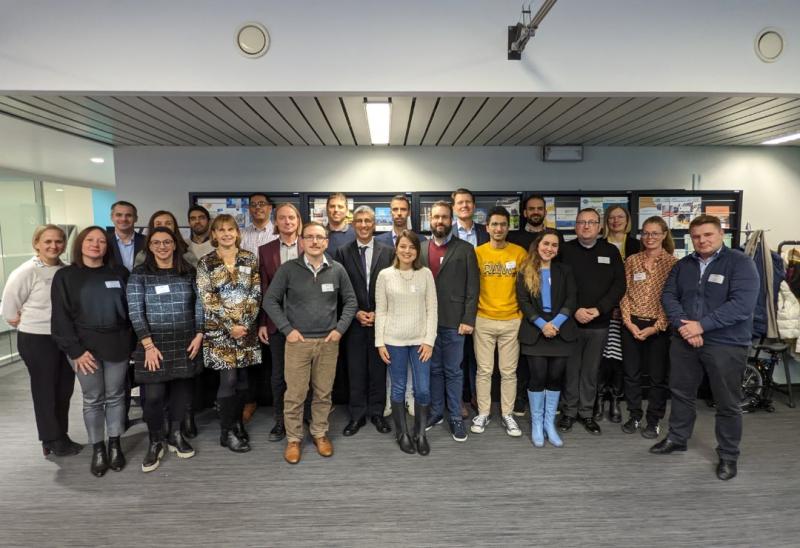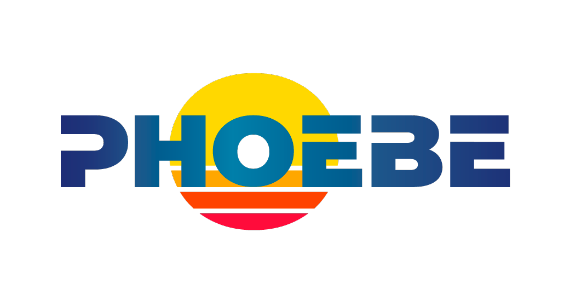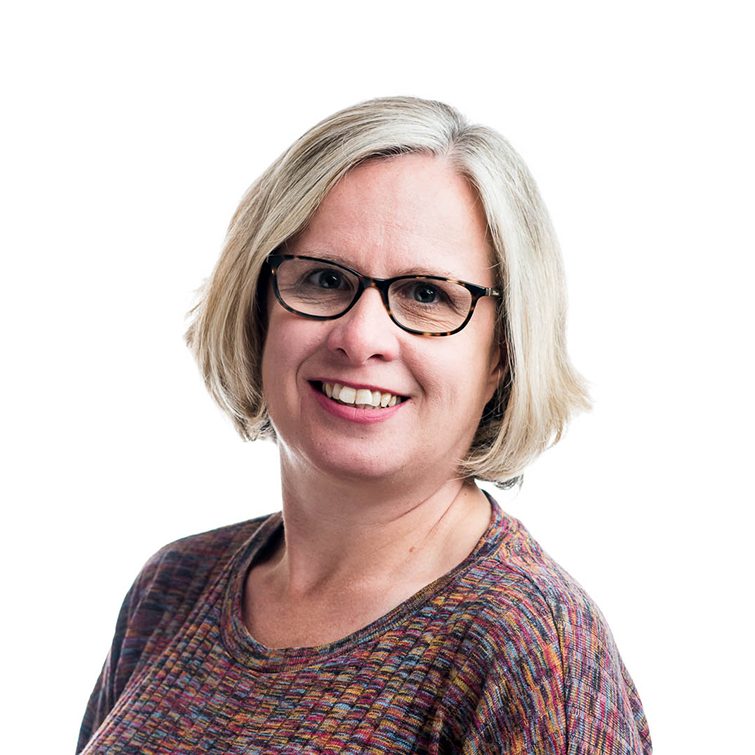Predictive Approaches for Safer Urban Environment project – A Perspective by The Floow
Sam Chapman’s insights on the European funded Predictive Approaches for Safer Urban Environment (PHOEBE) project in West Midlands. He discusses changes in how we use our cities and their impacts upon safety, the importance of innovation, and the constant development of capabilities that can exploit the potential for future markets.
The Floow was established in 2012 as a provider of telematics services. These services aim to understand the risks that drivers are exposed to, in order to support the motor insurance sector. The Floow have always focussed on innovation, which has led to the business growing from two people to around a hundred employees whilst expanding its client base to include many of the world’s leading insurers. In the PHOEBE project, the company is exploring yet more possibilities while working with, leading researchers, cities and their data.

The problem
For a long time, the expansion of cities was planned around increasing car traffic, which has created a multitude of problems for those living in cities, including poor air quality, congestion, increased road risk, and increased the incidence of obesity-related disease. Increasing the number of journeys involving active travel modes, such as cycling and walking, are a potential panacea for these problems. However, these modes require safe environments in which to operate within urban centres. This problem was exacerbated by recent pandemic, when travel patterns changed substantially. The EU is seeking to address how we incorporate new modes into our understanding of road safety, with a focus on how to understand the most vulnerable road users.
While new safety technologies have made motorised vehicles safer to drive these changes cannot be relied upon to address growing safety concerns in our congested urban centres. We need a new means to understand how the introduction of new transport modes alters road risk and the infrastructural changes that can be made to reduce it. New approaches must look across all road users, and model changing behaviours across all modes of transport.
What value is PHOEBE creating?
The project’s aim is to build a new predictive capability to understand the degree of risk by location. This seeks to model correctly where and how to spend resources to make cities safer.

The project also includes the UK-based International Road Assessment Programme (IRAP). IRAP provide a means to estimate risk and prioritise spending on infrastructure across more than 110 countries. Such assessments require enhancement if they are to fully capture the evolving nature of risk in urban centres, which The Floow are looking at through this project. IRAP will combine The Floow’s telematics datasets with the latest other sources of data to build updated models in order to achieve a better assessment of road risk across urban centres. These models combine data across various modes of transport include understanding of the evolving ways people travel in their cities. Such models seek to predict the effect of future changes in transport networks to help prioritise risk minimisation.
This is important for various reasons. By enriching data produced in a region with The Floow’s telematics data and the qualitative aspect of their expertise, the region is able to see a comprehensive picture of their network, localised risks and their causes, understand which parts of the network should be changed to make the roads safer and target their resources accordingly in an evidence-based manner.
The project is taking place in three use-case regions, with the largest being the West Midlands, UK. This large area allows researchers to explore the differences between multiple city centres and environments. There are multiple different stakeholders involved, including Transport for West Midlands, West Midlands Police, West Midlands Fire Service, and the constituent local authorities. The project is also aligned with other programmes in the region, such as the Cycling Charter Action plan and the key route network. PHOEBE will help the authorities to prevent introducing new risks alongside changes in infrastructure while incorporating new technologies.
Impact of funding and innovation projects
The Floow has a strong engagement with innovation and innovation funding which helped them to expand their business and to grow significantly. They now support the global insurance industry with a broad range of products. The Floow are currently exploring collaboration with cities as a potential new line of business. This was only possible because they have been able to embrace innovation, new technologies and environments, to explore them often by using innovation projects which helped to build new technology and capability for future markets.
In the early days of the company, they were involved in another European project, Seta, which reuse captured data for societal good, such as to understand localised traffic behaviours. This project was very valuable for the company as it ultimately led to the creation of a new product line (called MobilityIn) that supports strategic infrastructure programs. Currently, in the UK, MobilityIn has supported transport reviews or transport improvements in most UK core cities, almost half of London boroughs, and many smaller towns and villages.
Further opportunities and collaborations
The PHOEBE project started in November 2022 but is already bringing benefits to The Floow. The company has gained numerous new connections, which is very important for establishing strong partnerships and further collaboration across Europe. This connectivity is valuable for their business and expanding the predictive models created in this project into other regions and cities across Europe.
PHOEBE collaborates with two other sister projects from the same funding round, which share a common interest with The Floow and aim to jointly impact wider policy and technology initiatives.
Moreover, as part of this project, The Floow’s data will undergo an assessment and accreditation from IRAP, which will create new opportunities for them to monetise data and improve safety outside of the project.
Recommendations for UK companies seeking European funding
The Floow’s recommendation for other companies is to be super prepared and proactive. Instead of coming as a normal partner to a project, it is best to come prepared, explain that UK partners are eligible for European funding and explain how it works. Make sure that everyone understands that when the funding comes, it comes from Innovate UK Edge, not the European agency, and the finances should be planned accordingly in the preparation phase of the project.
It is also crucial to work closely with the coordinator of the project and be proactive from the start of the project, in its design, scoping etc. This should enable the UK partners to be more instrumental in the project as compensation for not being able to be the coordinating country anymore. To sum it up, it is beneficial to remain active and connected to Europe as UK researchers and organisations can still benefit from European funding opportunities and collaborations and should continue to explore these options.

For more information on The Floow, visit https://www.thefloow.com/
For more information on UFO PHOEBE project, visit https://phoebe-project.eu/
Our Experts
Related programmes

Horizon Europe
Explore information on the UK’s official Horizon Europe Hub to help guide you on your research and innovation journey.



